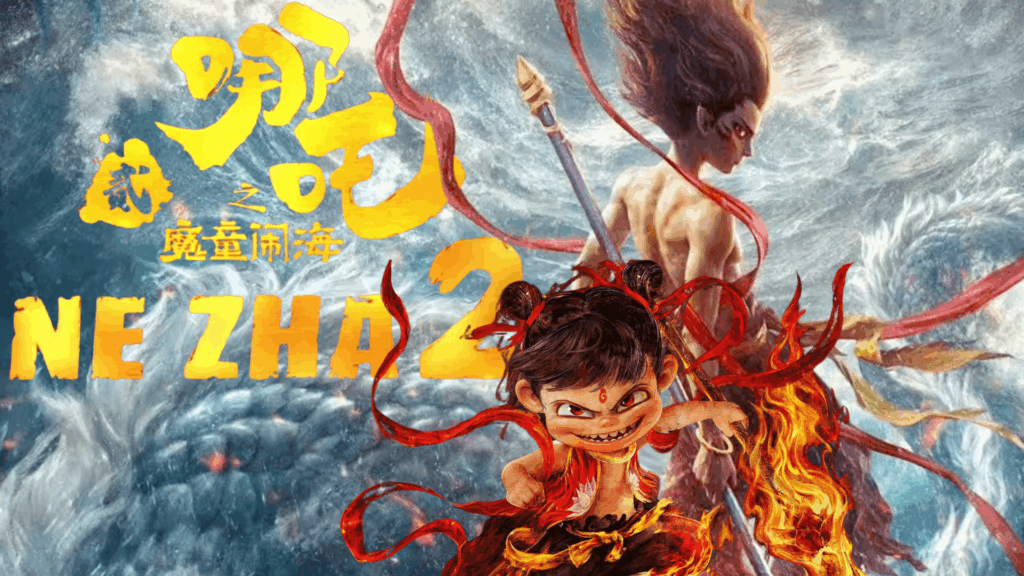Introduction
Nezha, a legendary figure from Chinese mythology, stands apart from Western heroes like Hercules or figures in Abrahamic religions due to his astonishing birth and supernatural origins. Unlike demigods born from divine unions or prophets chosen by God, Nezha’s story begins with a miraculous, mystical conception tied to cosmic forces. This article explores his unusual origins, his divine purpose, and how his tale diverges from other mythological heroes.
Nezha’s Miraculous Birth: A Divine Anomaly
Unlike Hercules, who was conceived through the union of Zeus and a mortal woman, or prophets in Abrahamic faiths born under divine will, Nezha’s birth was a cosmic event. His mother, Lady Yin, carried him for three years and six months—an unnatural gestation period—before he emerged as a fully formed, sentient ball of flesh rather than an infant. His father, General Li Jing, horrified by this abomination, attempted to destroy the flesh ball, only for it to split open and reveal Nezha in his true form—a child already gifted with divine powers.
Key distinctions from Western myths include:
- No conventional conception: Nezha’s birth defies biology and divinity.
- Instant sentience: Unlike heroes who grow into power, Nezha was born with it.
- Parental rejection: His father’s fear contrasts with Hercules’ celebrated lineage.
Divine Purpose and Cosmic Rebellion
Where Hercules’ labors were dictated by penance and biblical figures acted as divine messengers, Nezha’s role was preordained by cosmic forces. He was the reincarnation of Lingzhu Zi, a disciple of the Taoist sage Taiyi Zhenren, sent to overthrow the tyrannical Dragon King. This celestial mission sets him apart—he was never mortal but rather a warrior deity from birth.
His rebellion against both earthly authority (his father) and divine order (the Dragon King) mirrors chaos gods like Loki, yet his ultimate redemption through self-sacrifice reflects Buddhist and Taoist concepts of karma. His story weaves martial heroism with spiritual enlightenment, a blend rarely seen in Western mythos.
Conclusion
Nezha’s origin story challenges traditional hero tropes—his birth is neither divine nor mortal, his power is innate, and his purpose is cosmically mandated. Unlike Hercules’ struggles or the prophetic missions in Abrahamic traditions, Nezha’s narrative thrives in the intersection of rebellion, mysticism, and redemption. His tale remains a cornerstone of Chinese mythology, offering a strikingly different perspective on heroism and divinity.

